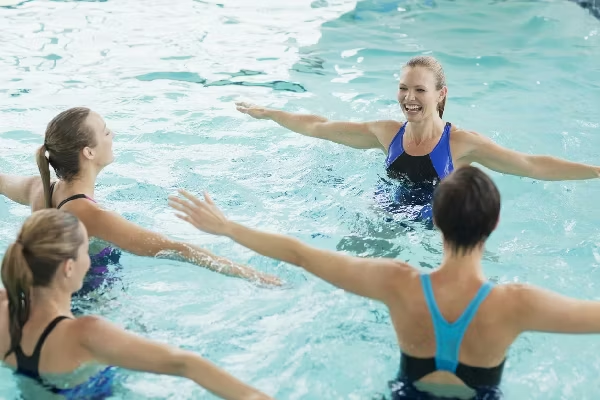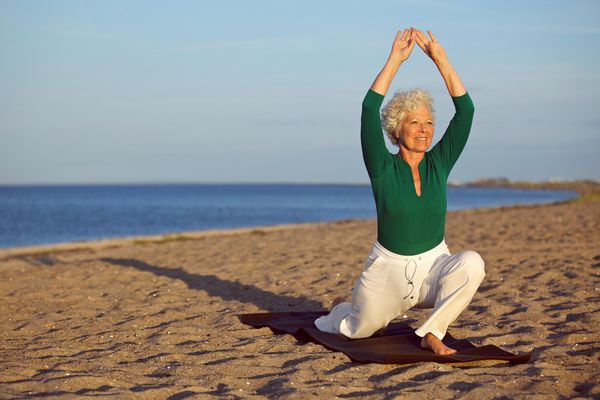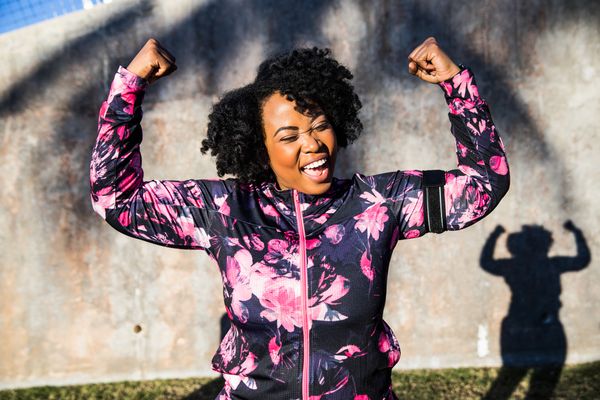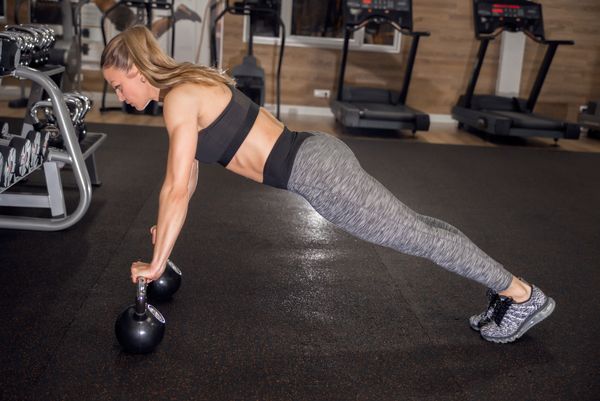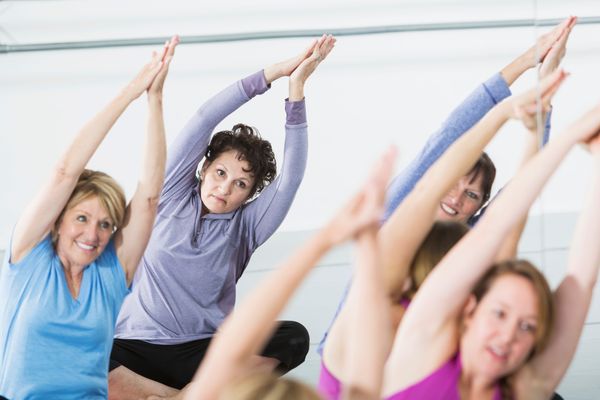It's never too late to become physically active.
Exercise can fend off many chronic diseases and help prevent immobility, which become more prevalent with age.
And a new study published in JAMA Psychiatry finds that physical fitness in middle age helps lower the risk of depression later in life and also death from cardiovascular disease. Those conditions are intertwined: They're both common in older people, and rates of depression are high in people with cardiovascular illness (particularly stroke). Additionally, people with depression have worse outcomes if they're afflicted with cardiovascular disease.
But for many of us, exercising is challenging. But you may not need as much exercise as you think. Research finds that even if you've been sedentary for longer than you care to remember, just walking a mile a day can significantly cut your risk of heart disease and cancer—almost as much as for those who've been exercising for years.
Knowing how to sidestep some common mistakes can keep you from quitting.
1. You think you need to go to a gym.
You don't need a gym to get fit. The forces of gravity (which create resistance) combined with your own body weight can keep you in fighting shape. You can do resistance training such as squats, push-ups and other strengthening exercises right at home. Your body needs six basic movements to stay fit: pushing, pulling, twisting, bending, squatting and lunging. All human movement is a derivation of those primary movement patterns, fitness expert Jeff Halevy told me when I interviewed him recently for an article about menopause and weight gain.
Remember that common chores can deliver moderate amounts of physical activity—gardening for 30 to 45 minutes, raking leaves for 30 minutes, walking two miles in 30 minutes or climbing stairs for 15 minutes all count toward movement and fitness.
Learn more about the Benefits of Strength Training As You Age.
2. You're intimidated to go to a gym.
So, you still want to go to a gym, but you don't, because you think you'll be the least fit, the heaviest, the weakest, the fill-in-the-blank. The thing is, we are all there for a common good—to get healthy and fit. Take your mind off all the reasons not to be there. Check your ego at the door and concentrate on yourself and why you're doing what you're doing. As a bonus, zoning in on your personal workout and goals will get you into the groove and give you more energy and personal strength for your own workout. And isn't that precisely why you're there?
3. You give up because the scale isn't moving.
Your main objective for exercising should be for your health, not for your weight. Of course, your metabolism benefits from exercise, and to lose weight you need to eat less and move more. But many people overestimate the calorie burn they get from exercise and think that it gives them license to eat more. Then they eat too much and the whole plan backfires. The real fact is this: You need to burn 3,500 more calories than you take in to lose a pound. The average woman who jogs a nine-minute mile for one hour will burn about 580 calories. You do the math—you may need to eat less, in addition to exercising, if you want to lose weight. Find more Easy Ways to Lower Your Body Mass Index.
4. You get hurt.
If you think you need to go all-in or else it won't count, think again. You need to build up slowly, especially if you're new to exercise. Even if you have been exercising, but you introduce something new into the mix, you can get injured if you're not careful, because you're using different body parts that may not be as conditioned as the ones you've been working. Don't be afraid to make modifications if something is too hard or challenging, otherwise you'll find yourself throwing in the towel before too long.
5. You're investing too much time.
It's not the quantity, it's the quality. You've heard that before, and it pertains just as well to exercise. Spending countless hours on the treadmill gets old (and boring) mighty fast. In fact, all you really need is 20 minutes of moderate cardiovascular movement a day to boost mood, preserve cognitive function and enhance your cardiovascular health, says Halevy.
Still not convinced? Think about this: Exercise not only helps you look better, but it helps you feel better by boosting energy; improving self-image; increasing energy; helping you cope with stress, anxiety and depression; and improving your ability to fall asleep and sleep well. It's also credited with improving your memory, mood and thinking skills.
And don't those all count in a big way toward aging well and living your healthiest life?


